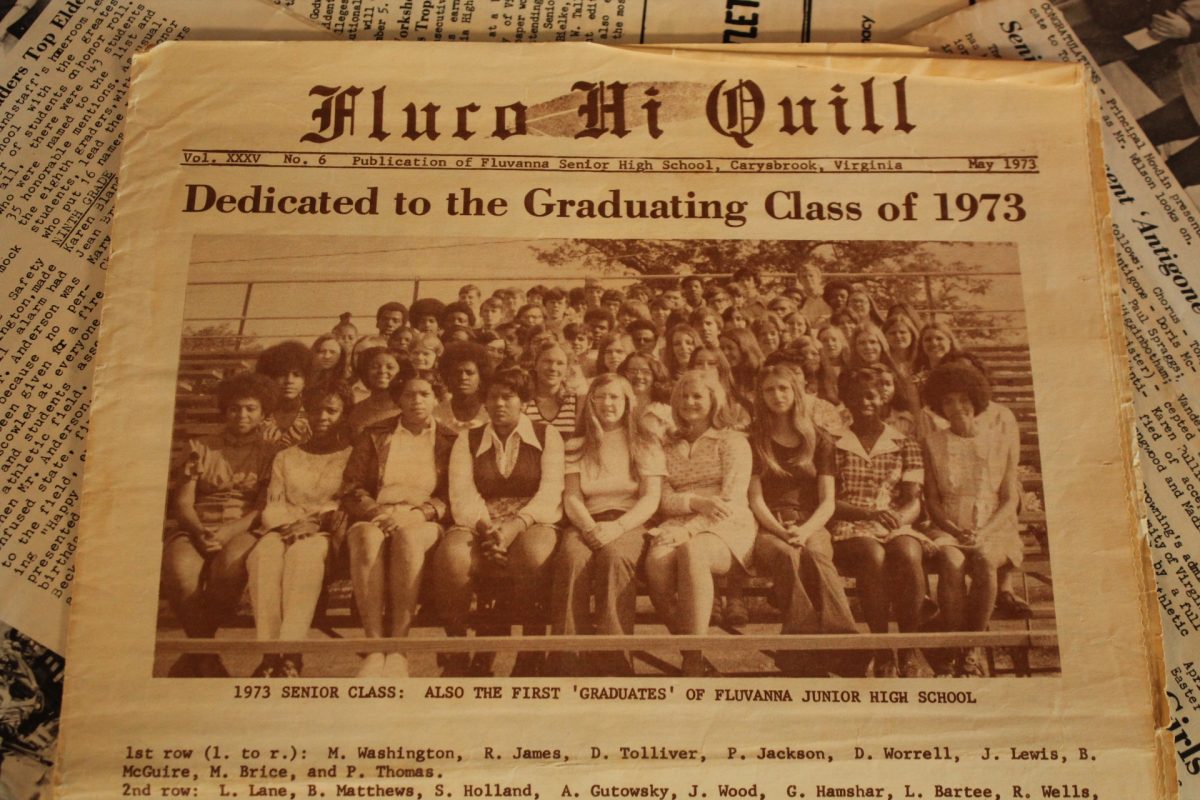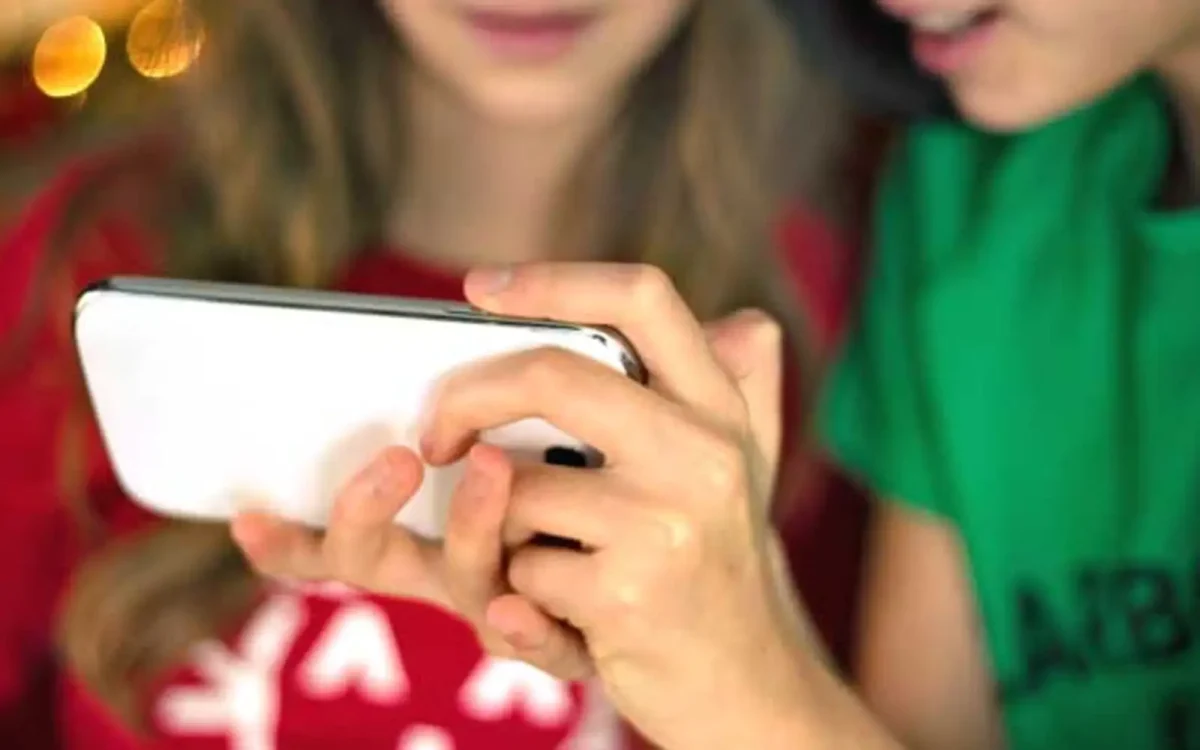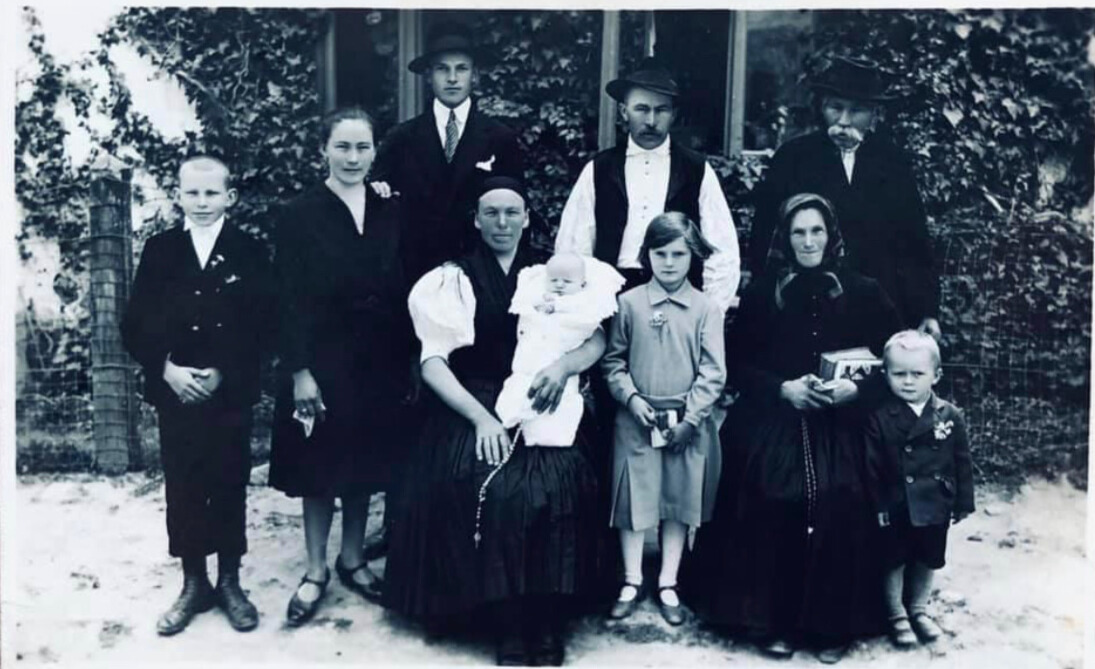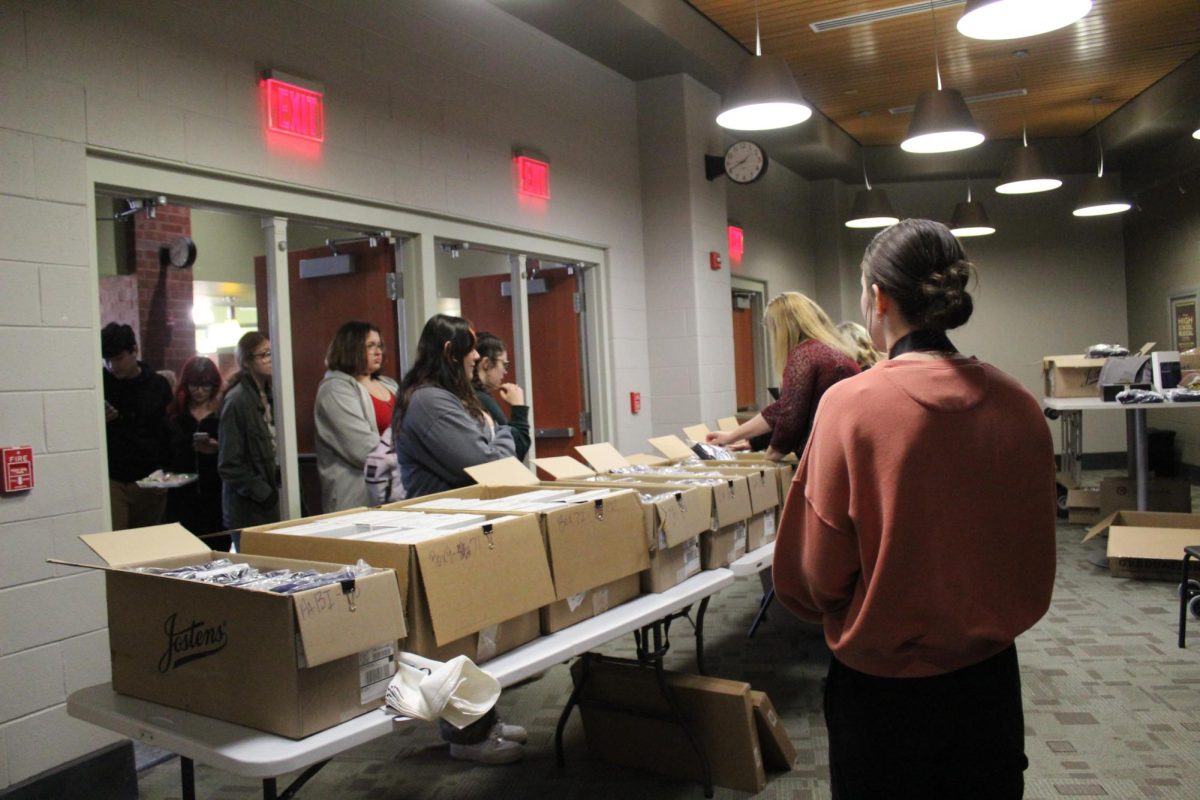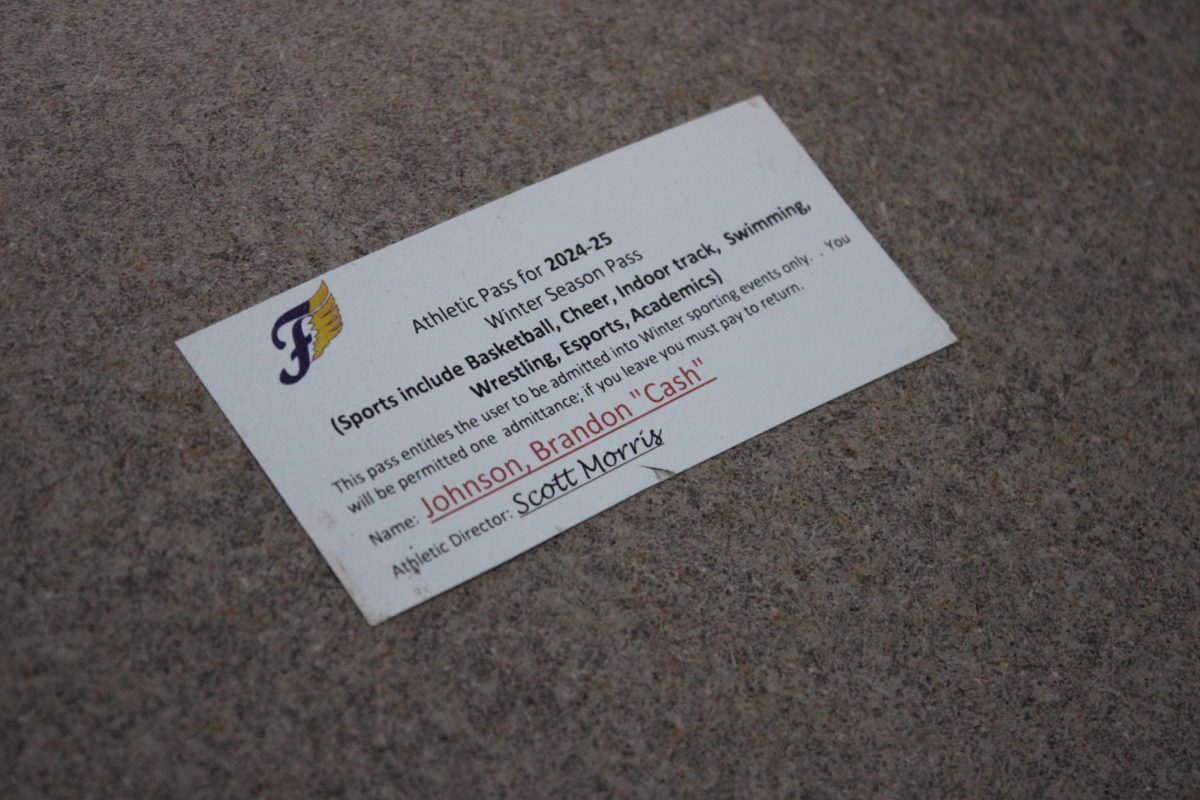Cheating in school may be as old as time, but it does appear to have changed over the years. Consider a letter to the editor in the “Fluco Hi Quill,” the 1970’s version of the Fluco Beat. Written by former FCHS student Sandra Hasher in 1973, the letter displays how the taboo of cheating has changed exponentially in the years since then.
While being a student at Fluvanna Senior High School, I have had several occasions to witness cheaters in action. This degrading act of cheating is thievery and is done only by persons of low moral character. By cheating, a person is robbing someone of his personal ideas. Having someone peer over my shoulder and on to my paper is infuriating, especially when I think someone is receiving credit for my hard work.
One should think very hard before attempting to cheat, for much is at stake. The rebuking of personal morals as well as permanent blemish to character are high prices to pay if caught, not to mention the embarrassment and abuse received from those around him. Cheaters’ scars are dark and deep and can not easily be washed away.
Someone caught in the act of cheating should be punished severely. In the case of a high school student, a first offense should be punishable by automatic suspension for at least a week and for the second offense, the student should be dismissed for the year. If a college student is caught cheating, he should automatically be dismissed from that school.
Cheating is a serious offense. Count the cost before one acts. – Sandra Hasher
Again, this letter to the editor was written in 1973, and it really shows the stark difference between now and 51 years ago in education. Certainly, cheating has never disappeared in the years since, but some think that it has become even more of an issue in the last few years.
Before the pandemic in 2020, cheating was still considered taboo by many students. Teachers stressed the fact that cheating was immoral and that it was better to fail an assignment and not cheat than to get a better grade by cheating.
“Before the pandemic, teachers were more adamant on students actually learning the information rather than just getting a good grade than they are now.” said senior Jayne Thomas.
During the COVID-19 pandemic, students were forced to attend online classes to allow education during the lockdown. Because all assignments had to be done online, it became exponentially easier to cheat on classwork. Throughout the two years of online school, cheating became the new norm for many. As a result, the strong opinions students, and even some teachers, had on cheating slowly vanished.
“I remember coming back to school from online, and feeling like cheating was less enforced by teachers,” said sophomore Nicholas Birckhead.
By the time everyone was finally able to come back to school, a great deal of the student population still mostly relied on cheating to get by with their assignments.
“Many of my friends cheated on most of their assignments throughout the time period we were in online school. It was much easier because most people had multiple devices they could use to look up answers on.” said senior Lily Thompson.
This made the transition from online school back to in-person school very difficult for many students, causing a drop in overall test scores and grades, as noted by The Policy Analysis for California Education: “All students had on average a drop of 5.1 percentage points between 2019 and 2023.”
Because of the pandemic, the anti-cheating mentality displayed in this 1973 letter has been almost completely erased. Cheating has become much more normalized and even accepted among many students, marking a new era for the sentiment toward education, for good or bad.

